Planning Pays Off: 5 Strategies to Get the Most Out of Your Delivery Speed Choice
June 30, 2024
5 min read
Introduction
Instant delivery is fundamentally altering the eCommerce landscape, and its value lies beyond just convenience for consumers.
Remember the days when you had to plan your weekend around a trip to the supermarket? Those days are fading fast, thanks to a new breed of hyperlocal services that deliver everything, from groceries to gadgets, right at your doorsteps, often within 10 minutes to an hour at most.
Everything from the very nature of commerce to the behavior of consumers, suppliers, and merchants is set to change as a result of such service.
This article will provide some insightful information on how instant delivery is changing the shopping experience.
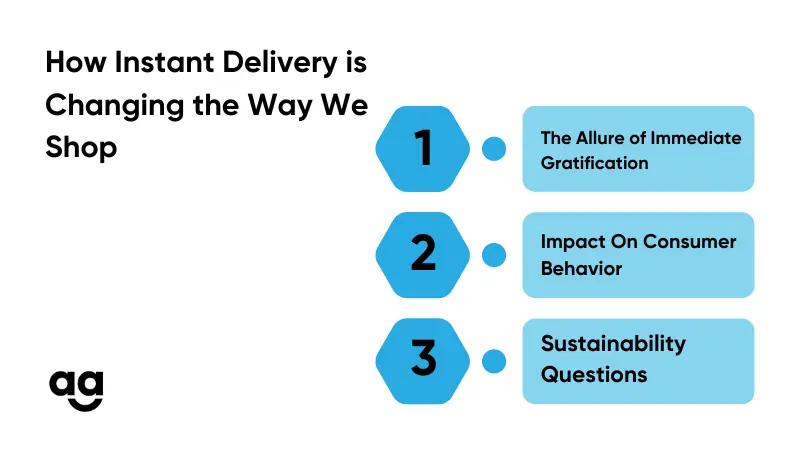
The Allure of Immediate Gratification
The core appeal of rapid delivery is its speed. The promise of having your needs met almost immediately taps into our inherent desire for instant gratification, a trend that technology has only amplified.
This doesn’t just extend to groceries or small-ticket purchases, but even big-ticket as well. You might think that this is about consumers saving time, but instead, it is about changing the value they place on time.
Impact On Consumer Behavior
Beyond just spoiling us with speed and convenience, it is fundamentally altering our shopping and consumption behaviors. Here’s how:
Decision-making has accelerated, with less time being spent on weighing different options when a replacement or a new item is just a quick click away.
Impulse purchases have similarly seen a spike, as the immediate fulfillment of desires often outweighs the deliberation usually involved in making a purchase.
Moreover, the convenience of instant delivery is making consumers more loyal to platforms that can provide this service. If one online retailer offers a desired product with rapid delivery while another offers the same item with two-day delivery, the choice for many is a no-brainer.
Sustainability Questions
However, this shift isn’t without its issues.
Instant delivery has a considerable environmental impact. More deliveries mean more vehicles on the road, which means higher emissions unless delivery services adopt greener technologies.
Also, the increased packaging waste from more frequent deliveries poses a significant environmental challenge.
Some companies are tackling these issues head-on with innovative solutions like electric delivery vehicles, optimized delivery routes, and more sustainable packaging options. But the road to a truly green instant delivery service is long and complex.
The Evolution of Retail Spaces
Instant delivery is also reshaping the physical landscape of retail. Traditional stores are increasingly turning into hybrid spaces, part showrooms, part distribution hubs.
For instance, some urban stores now serve as local warehouses for online orders to facilitate quicker deliveries. This evolution could revitalize retail spaces in city centers as they adapt to new roles.
Economic Impacts
The economic implications of instant delivery are profound.
While it’s creating jobs, especially in logistics and delivery services. it’s putting immense pressure on traditional retailers who must adapt or risk obsolescence.
The competition is not just about price anymore but rather how quickly a retailer can satisfy customer demands.
Conclusion
As these instant delivery trends intensify, they will start to converge with other cutting-edge technologies, such as drones and autonomous delivery robots. Service providers have only one mission: getting you the things you need quicker, cheaper, and safer than ever before.
Logistics and supply chain players are keeping pace with these trends, with services like Shipyaari already helping accommodate the rise in hyperlocal and quick commerce.
Frequently Asked Questions
Instant delivery represents the latest trend in eCommerce. In this process, goods are delivered to the customers on the same day (at times within minutes) they have placed the order.
Quick deliveries are making consumers more impulsive in their purchases and less likely to plan in advance and buy in bulk.
Quick commerce is increasingly popular owing to the need for instant gratification among consumers.
The future of commerce and instant delivery is quicker, cheaper, and more efficient in delivering the most value to consumers.
Suggested Reads
Hyperlocal Personalization: Tailoring Experiences for Local Customers
Introduction The eCommerce industry in India has witnessed a rapid growth of hyperlocal services in
Continue ReadingDec








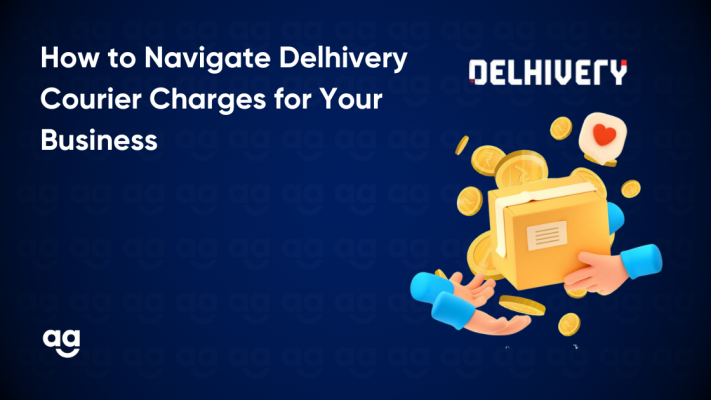
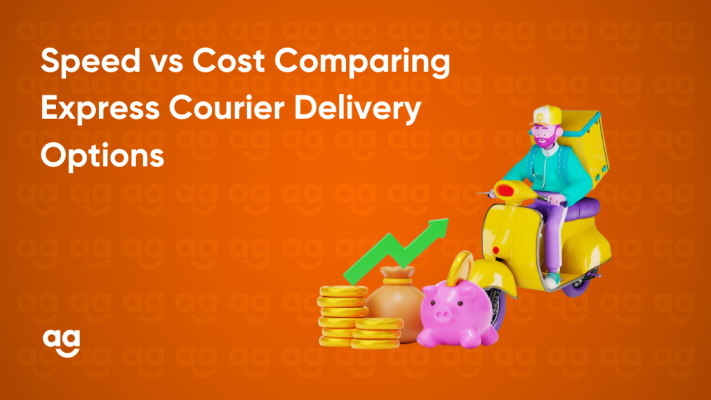
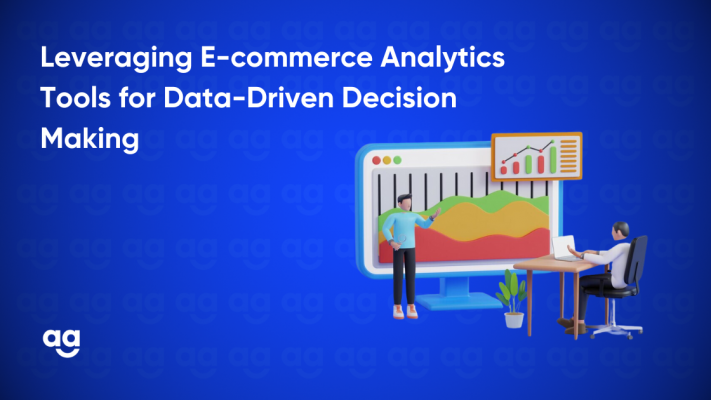
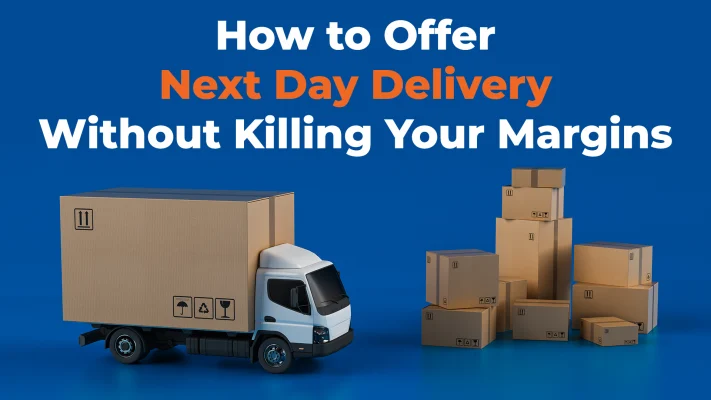
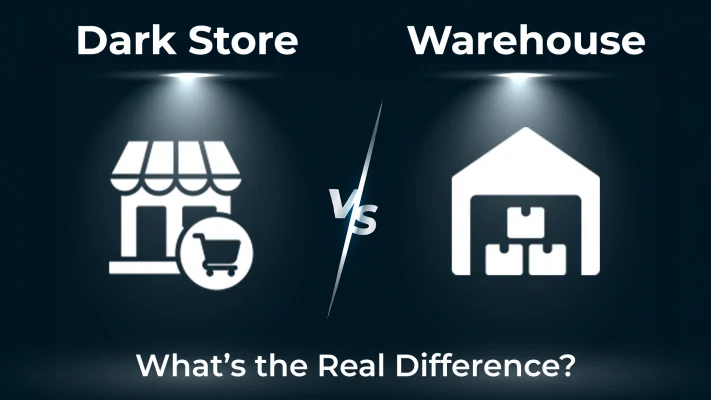
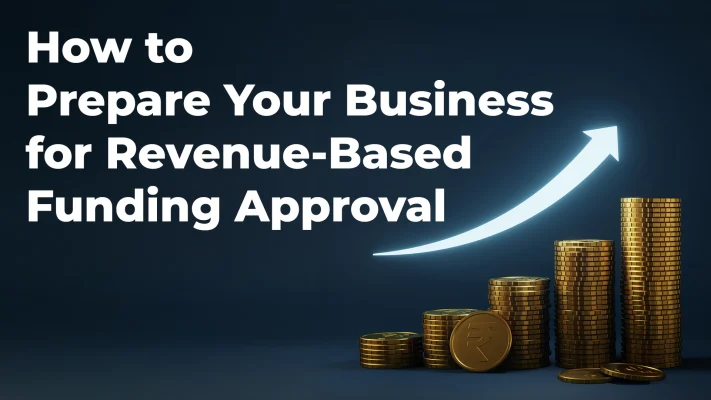
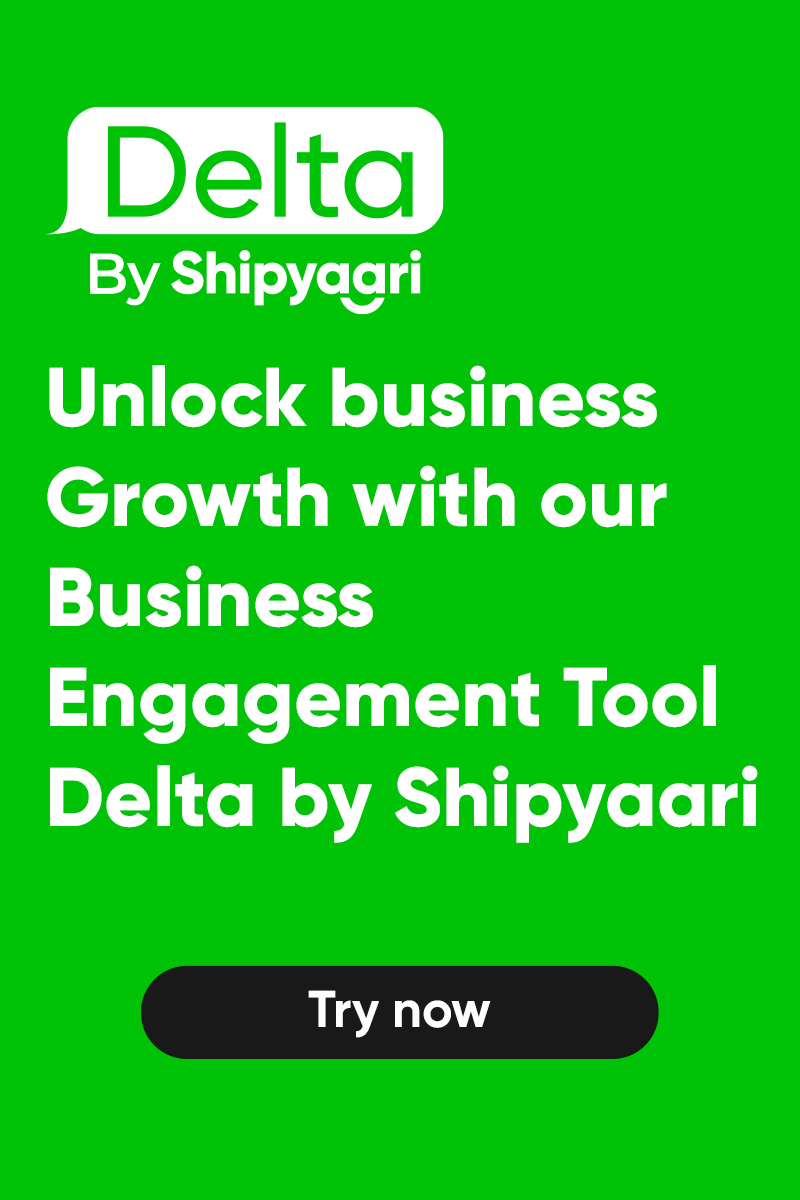
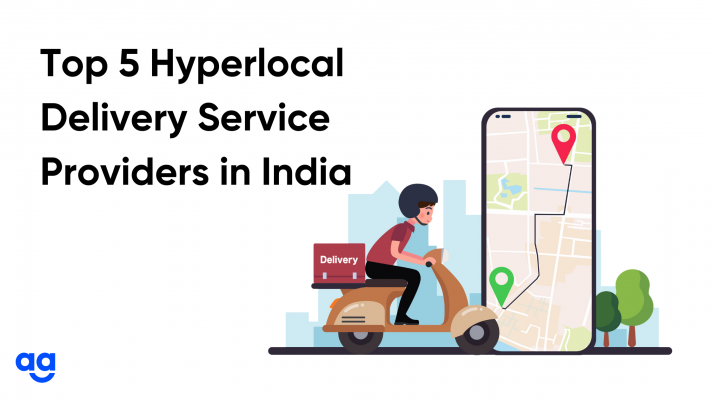
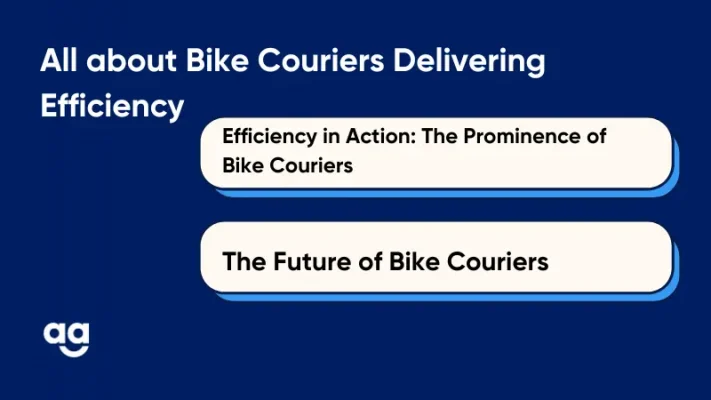
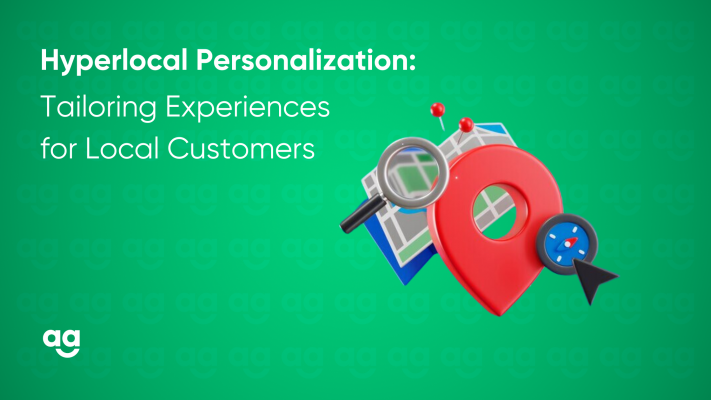
 Shipping
Shipping







